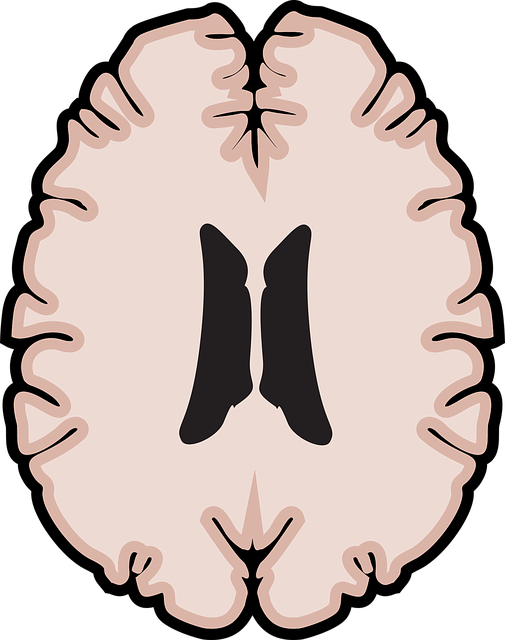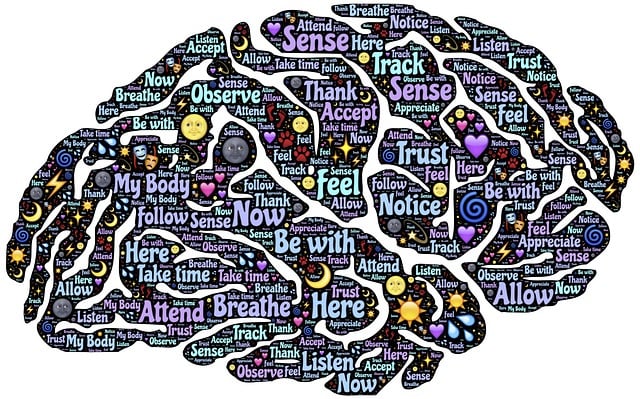Marketing mental wellness apps for specific conditions like Aurora Functional Neurological Disorder (FND) Therapy requires a deep understanding of target users' unique challenges, including trauma experiences and stigma concerns. Market research involving qualitative and quantitative methods is essential to segment the FND community into distinct groups with varied preferences and communication channels. By personalizing content, leveraging social media in support communities, and promoting tailored therapies, apps can effectively address AFND pain points, enhance emotional intelligence, and prevent burnout, contributing to better mental wellness outcomes.
In today’s digital age, mental wellness apps are transforming lives, especially for those managing functional neurological disorders (FNDs). This article explores a comprehensive marketing strategy for an app like Aurora, designed to support individuals with FNDs. We begin by understanding the unique needs of this audience through market research and segmentation. Next, we craft a compelling value proposition highlighting Aurora’s innovative features. Finally, we delve into effective marketing channels, including digital tactics, community building, and offline partnerships, to ensure the app reaches and assists those struggling with FNDs.
- Understanding Your Audience: Targeting Individuals with Functional Neurological Disorders
- – Market research and audience segmentation for people with FNDs
- – Identifying unique challenges and pain points of this demographic
Understanding Your Audience: Targeting Individuals with Functional Neurological Disorders

Understanding your audience is a pivotal step in developing an effective marketing strategy for mental wellness apps, especially when targeting specific conditions like functional neurological disorders (FNDs). Apps designed to aid individuals with FNDs should focus on creating content and messaging that resonates with their unique challenges and needs. Many people living with FNDs often face misunderstandings and stigma associated with their mental health journey. Therefore, marketing efforts should emphasize the app’s ability to provide tailored support, encouraging users to embrace self-care practices and improve self-esteem.
By targeting individuals with Aurora Functional Neurological Disorder Therapy, developers can tailor their marketing messages to highlight how the app caters to the specific needs of this community. Promoting trauma support services within the app can be a powerful strategy, as many individuals with FNDs have experienced traumatic symptoms. Additionally, mental illness stigma reduction efforts can be incorporated into the app’s storytelling and marketing campaigns, fostering an inclusive environment for users to seek help without fear of judgment.
– Market research and audience segmentation for people with FNDs

Market research is a vital step in developing an effective marketing strategy for mental wellness apps, especially when targeting individuals with Functional Neurological Disorders (FNDs). This involves understanding the unique needs and challenges faced by this specific audience. By employing qualitative and quantitative methods, market researchers can gather insights into the current landscape of FND therapy options, including popular trends and gaps in available services. Audience segmentation is then crucial; identifying sub-groups within the FND community who may have distinct preferences and communication channels. For instance, those seeking Aurora Functional Neurological Disorder Therapy might differ in their approach to digital health solutions compared to individuals prioritizing crisis intervention guidance or self-esteem improvement.
When designing marketing campaigns, it’s essential to create personalized content that resonates with these segments. For example, developing educational programs focused on mental health awareness and coping strategies tailored to FND symptoms can attract users seeking support. Incorporating real-life success stories and testimonials from individuals who have benefited from similar interventions will enhance the app’s appeal and build trust. Additionally, leveraging social media platforms known for their active FND support communities can facilitate engagement, ensuring that marketing efforts reach the right people at the right time, whether they are in need of immediate crisis intervention or long-term mental health education programs design.
– Identifying unique challenges and pain points of this demographic

The pursuit of mental wellness is a complex journey, particularly for individuals navigating conditions like Aurora Functional Neurological Disorder (AFND). This demographic faces unique challenges that demand tailored approaches in their quest for improved mental health. AFND symptoms can manifest as cognitive impairments, sensory sensitivities, and emotional dysregulation, which significantly impact daily life. For instance, managing sensory overload from busy environments or distressing stimuli can be a constant battle, hindering one’s ability to engage in typical stress reduction methods.
Marketing strategies for mental wellness apps must acknowledge these specific pain points to offer effective support. By promoting therapies and tools that cater to the needs of individuals with AFND, such as sensory-based interventions and tailored cognitive behavioral techniques, apps can foster burnout prevention and enhance emotional intelligence. Targeted marketing that speaks directly to these challenges will ensure that users find solutions relevant to their experiences, ultimately contributing to more successful outcomes in mental wellness journeys.
In developing a marketing strategy for mental wellness apps, understanding niche audiences like those affected by functional neurological disorders (FNDs) is paramount. By segmenting the market and identifying specific challenges—such as cognitive impairments, sensory sensitivities, or motor difficulties— marketers can create targeted solutions. For instance, an app focusing on mindfulness techniques tailored to FND symptoms could significantly benefit users. Considering the unique needs of this demographic, as demonstrated by the insights into Aurora Functional Neurological Disorder Therapy, ensures that marketing efforts resonate with those seeking specialized support for their mental wellness journey.











